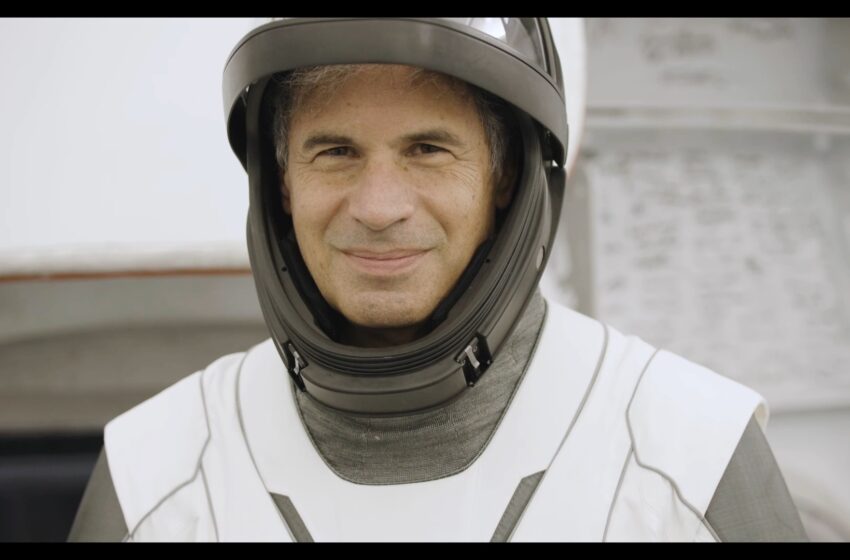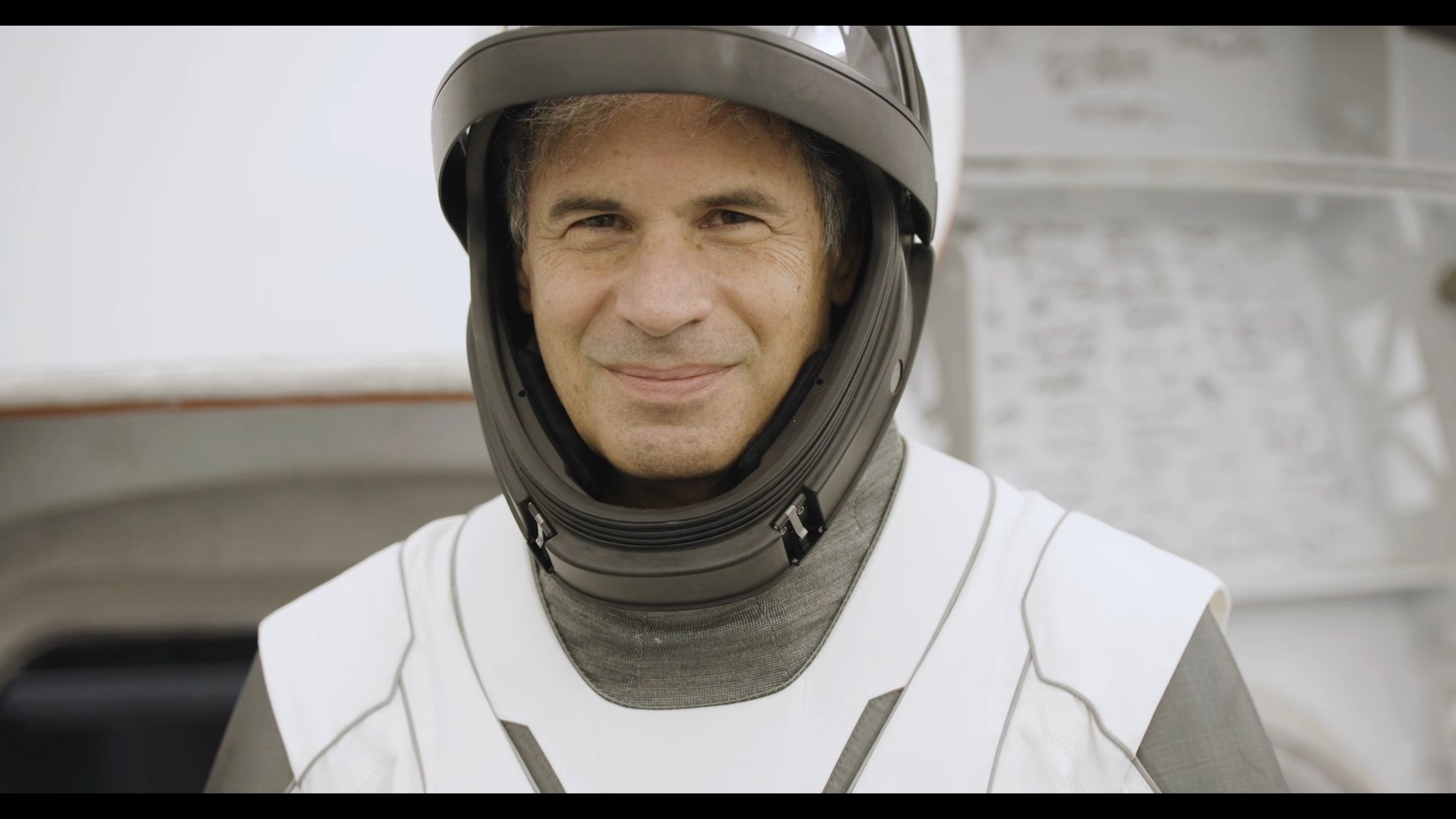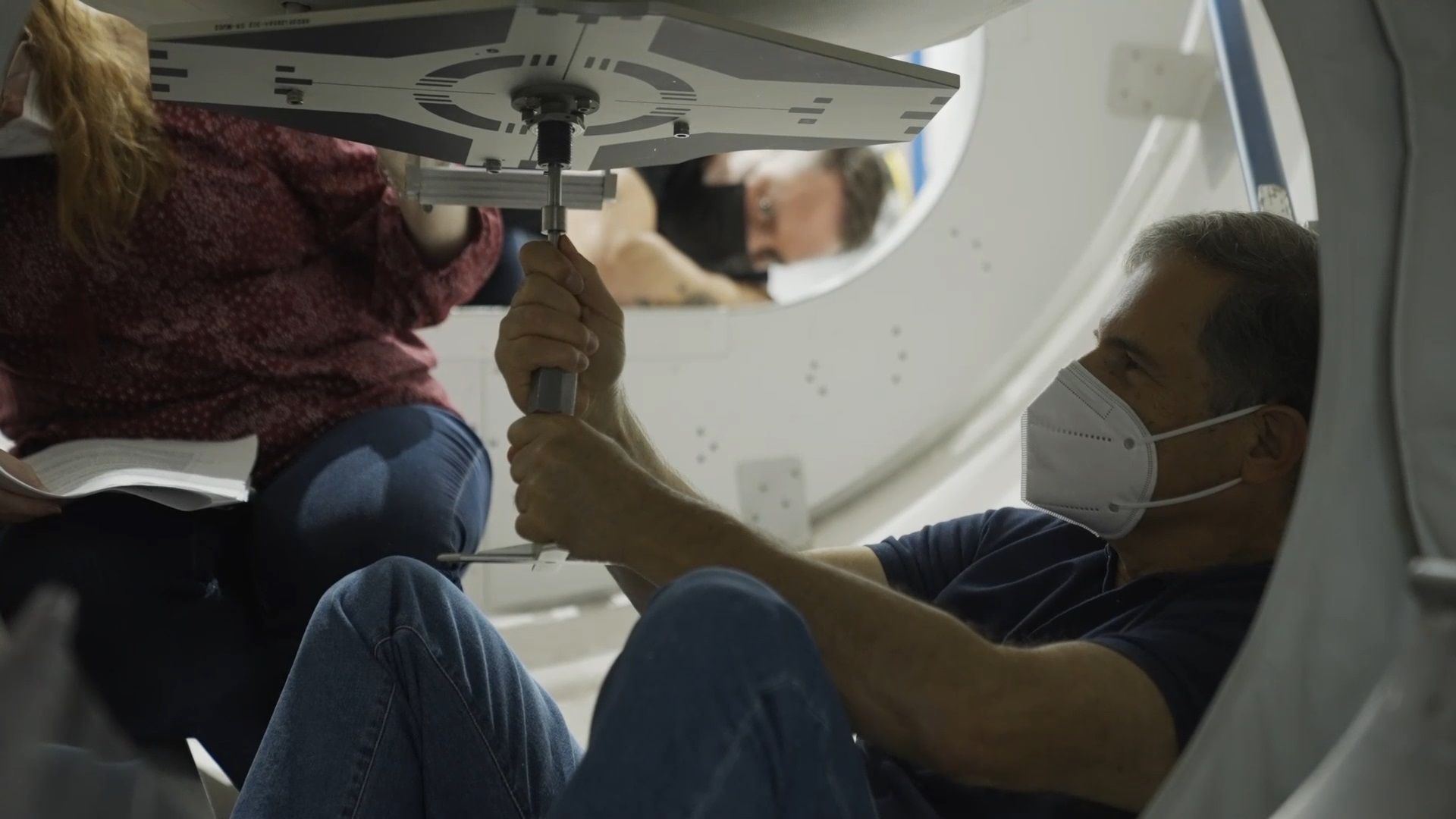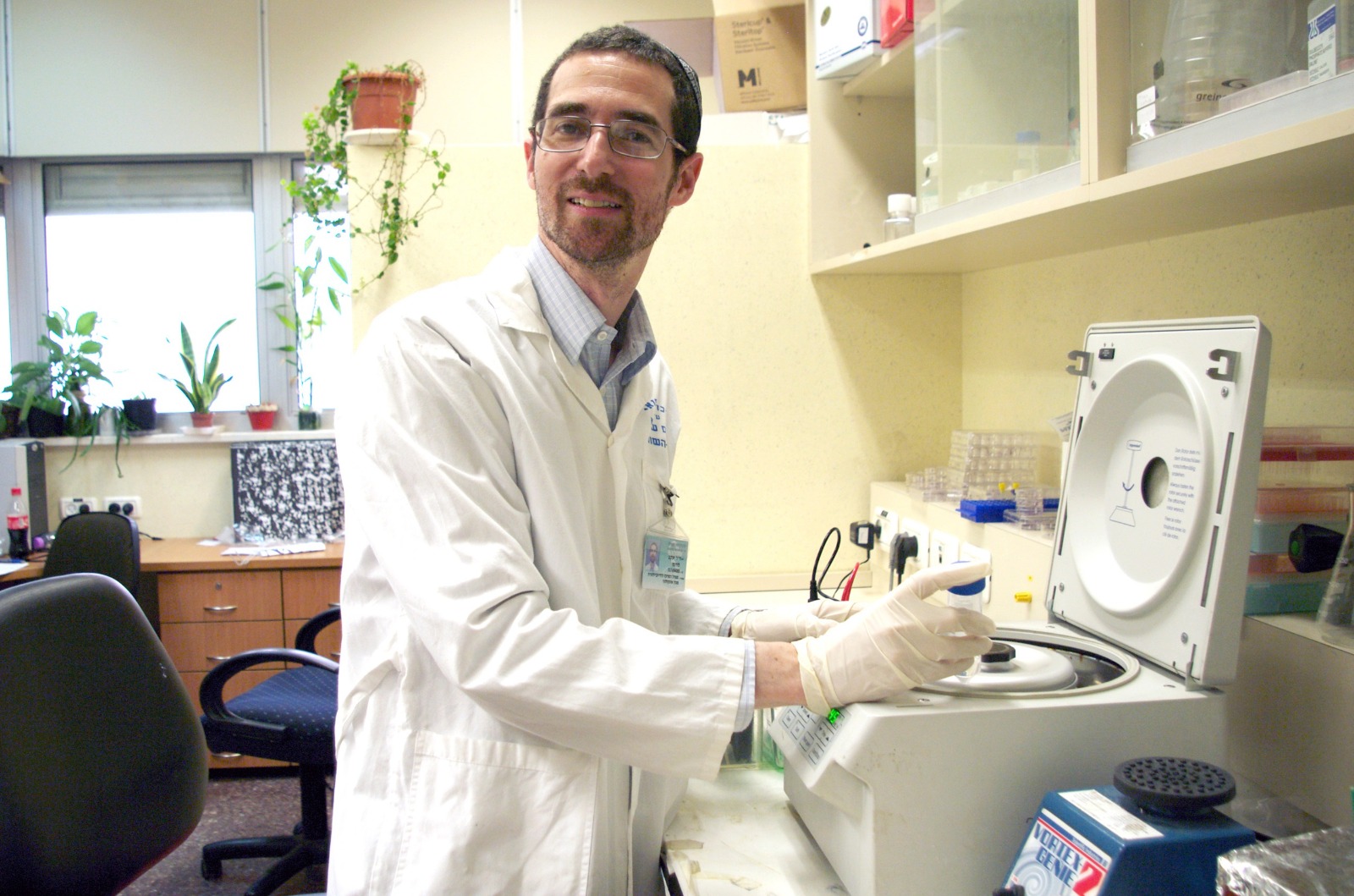Americans are spending $61B on Ukraine’s war effort. What will

2nd Israeli to blast off to space, will perform experiments seeking health advances
The second-ever Israeli to go to space is preparing to blast off Friday to perform a range of experiments monitoring everything from astronauts’ emotions to their urine.
Eytan Stibbe will be carrying out some 35 experiments for companies and research institutions on his privately-funded Rakia Mission to the International Space Station.
Sheba Medical Center, Israel’s largest hospital, is sending an entire miniature space lab that contains six experiments.
“Space inspires humanity and sparks the imagination,” said Prof. Yitshak Kreiss, Sheba’s director-general.
“This research mission fulfills a lifelong dream I have had to combine medicine and space, enabling us to expand the boundaries of health well beyond what is possible on Earth,” he added.
Stibbe, a former fighter pilot, will travel to the ISS onboard a SpaceX Dragon capsule. The mission will be operated by Axiom Space and commanded by its vice president, Spanish-American astronaut Michael Lopez-Alegria.

Eytan Stibbe. (Ori Burg)
The first-ever Israeli astronaut, Ilan Ramon, was killed in 2003 when the Space Shuttle Columbia disintegrated upon re-entry into the atmosphere, killing all seven crew members on board. Members of the Ramon family were on hand when Stibbe’s flight was first announced in 2020, and will also be present at the take-off in Orlando on Friday.
Stibbe will go laden with dozens of experiments. There is a heavy focus on health, but also experiments dealing with agriculture, optics and energy. He will also take the smallest bible in existence, a 0.5 square-millimeter silicon nano-chip on which 1.2 million letters are etched.
One experiment that Stibbe is taking from Sheba will explore whether microgravity may help treat Alzheimer’s by analyzing its effects on vascular function in the brain. Sheba researchers are hoping they will gather insights into whether mimicking microgravity on Earth can help to slow the disease’s advance.
For another experiment intended to deepen understanding of the microbiome, Sheba researchers are gathering urine samples from the astronauts who will be traveling alongside Stibbe and will take more upon their return. Stibbe will gather samples during the mission.
It is hoped that the experiment will help cure urinary tract infections that are common among astronauts.

Eytan Stibbe trains for the Rakia mission, January 2022. (Ori Burg)
Separately, a web of Israeli sensors will be used to monitor astronauts’ vital signs, sleep physiology, cognitive function, visual and auditory performance, and emotional skills. The experiment will endeavor to explore how astronauts manage stressful events.
Israeli-made no-needle blood tests, which work instantly by scanning the eyes, will also be aboard. The Sheba team behind the Veye device says that trialing it in microgravity will lead to important insights that will help its development.
Other Sheba experiments will evaluate the impact of exposure to microgravity on space crews’ eyes using the iCapture retinal scanning device. An oncology diagnostics platform developed by Israeli start-up OncoHost will also be used to monitor the function of astronauts’ immune systems in space.
“We know that space travel induces dysfunction of the immune system, as astronauts often suffer from cold sores, they get strange rashes, and many astronauts report they are susceptible to infection after returning to Earth,” Dr. Yaacov Lawrence, the Sheba oncologist behind the immune monitoring, told The Times of Israel.

Sheba Medical Center oncologist Dr. Yaacov Lawrence (Courtesy: Dr. Yaacov Lawrence)
“Our experiment will actually show us in some detail how the immune system behaves during space flight. This is important for astronauts and for us on Earth,” he added.
“It may allow us to develop pinpointed ways to strengthen astronauts’ immune systems. And for people on Earth, we believe that findings regarding astronauts will help us to tackle regular immune dysfunction and the impact of old age on the immune system.”
Besides Sheba, other Israeli hospitals sending experiments include the Rabin Medical Center, which is assessing the change in cardiovascular risk for each astronaut following space flight, with the goal of improving the understanding of how space affects the cardiovascular system
Scientists involved in preparing the experiments said they viewed doing so as a rare opportunity.
“In my nine-to-five job as a cancer doctor, I never imagined I’d be talking to NASA and trying to figure out how astronauts’ health problems may help us to understand regular medical conditions. I’m extremely excited about this space project, and the prospect it will open on new avenues in medicine,” Lawrence said.
